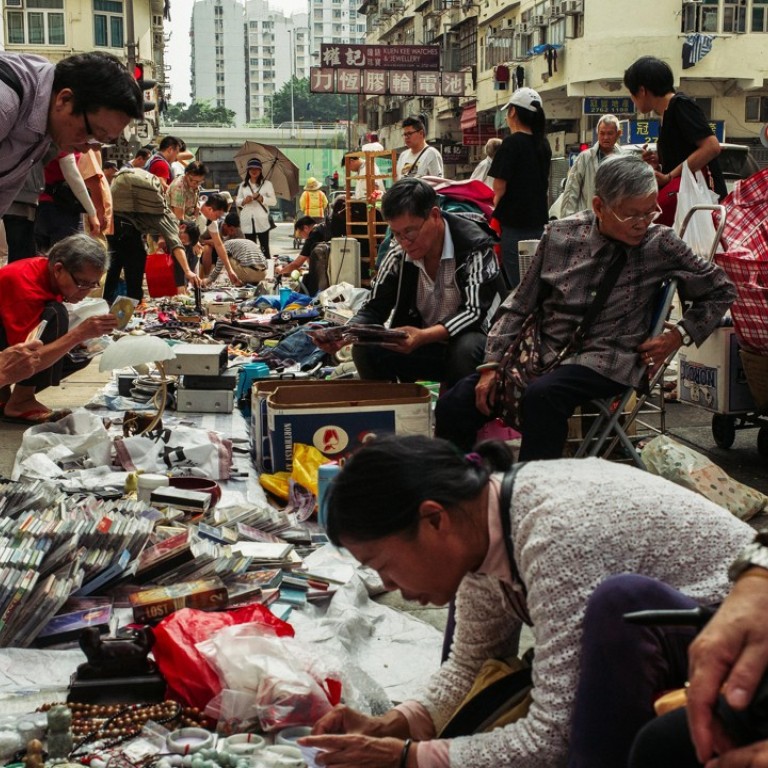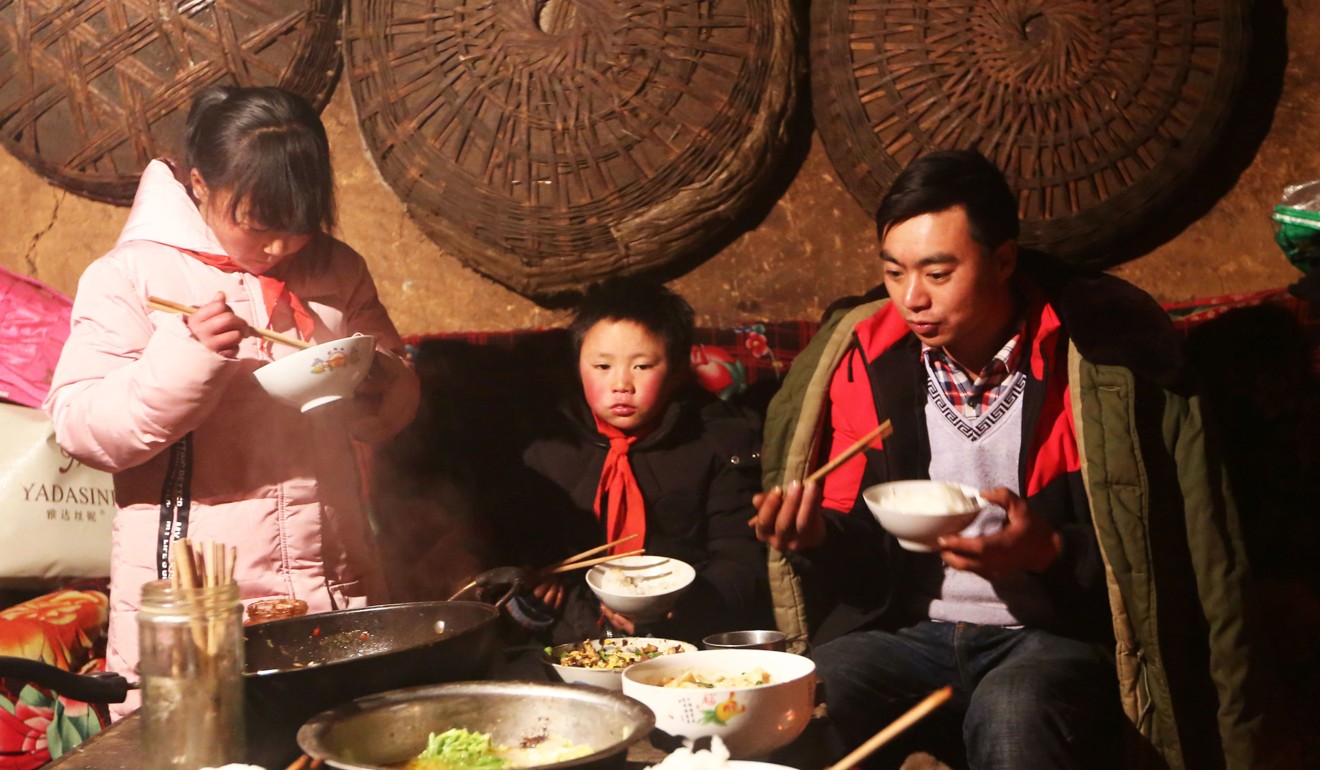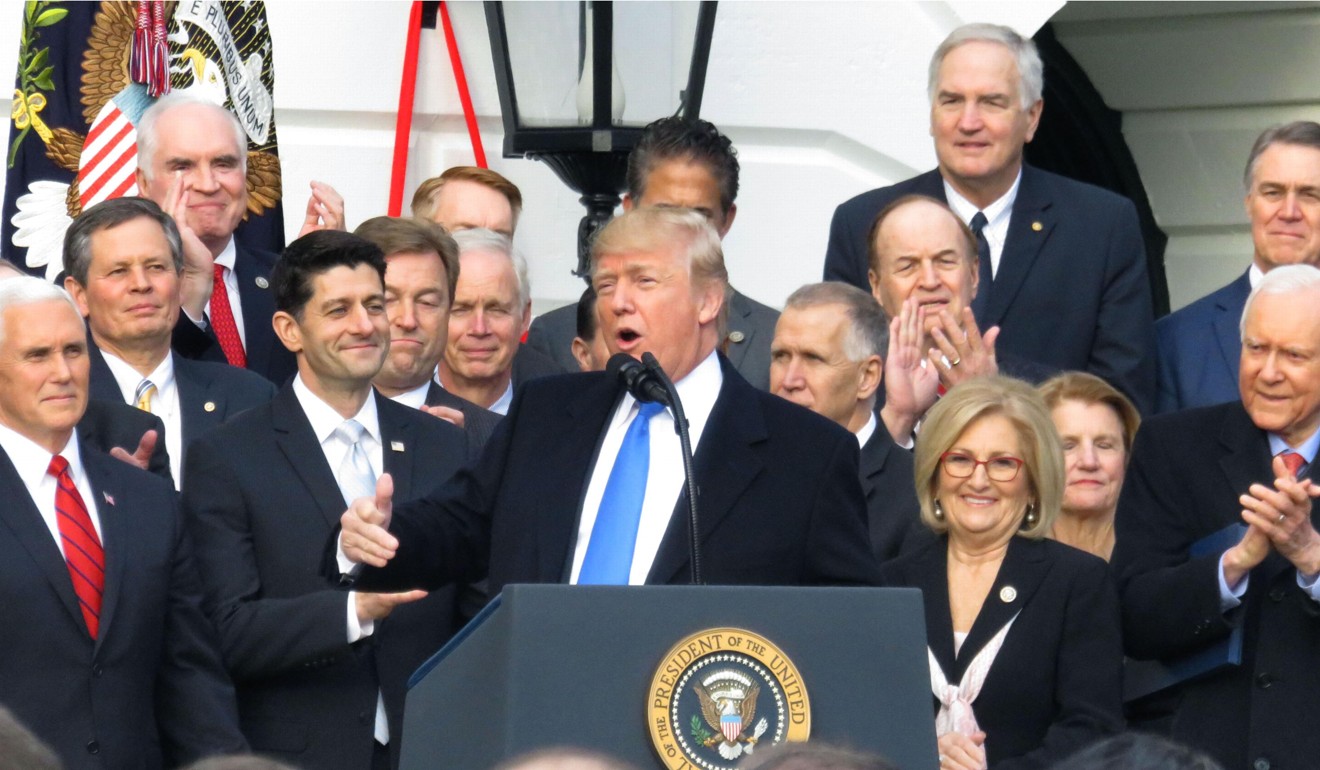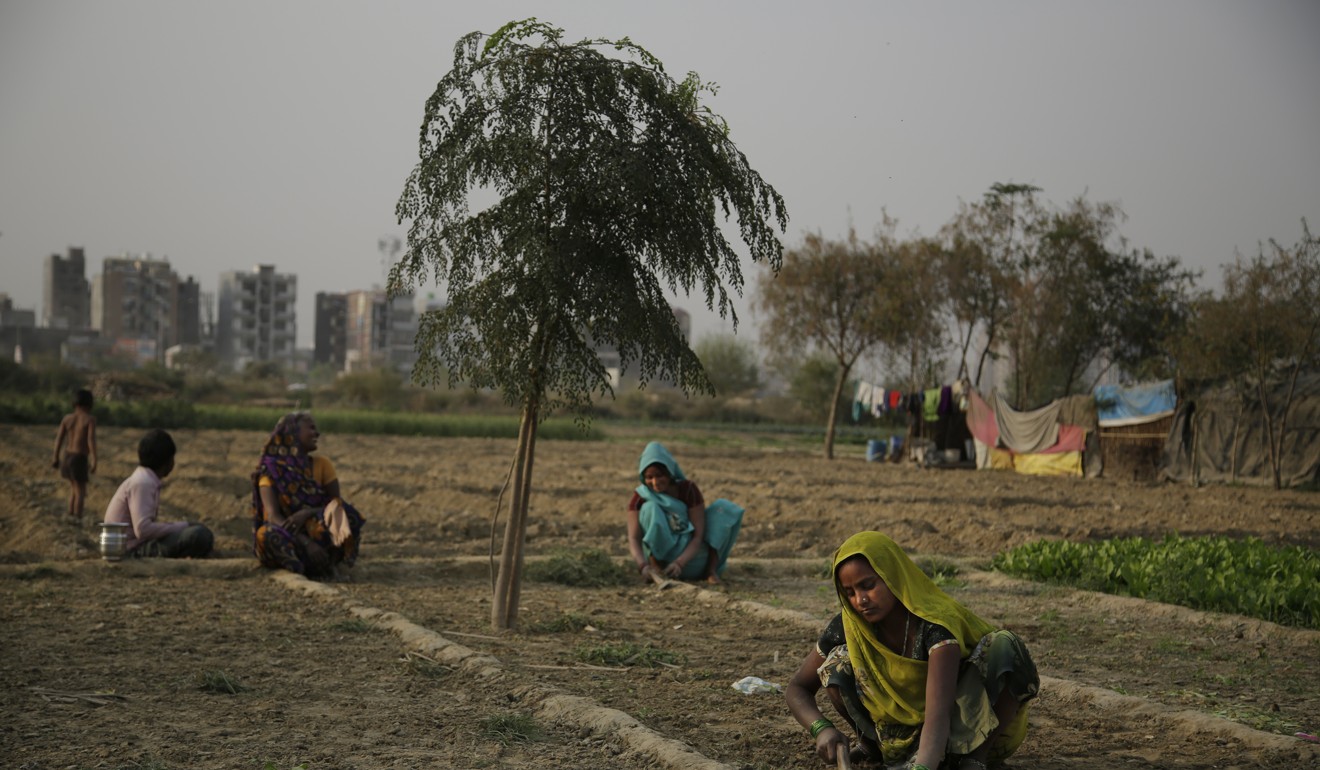
Inequality can’t be solved by nations alone – it will take civil society, too
Andrew Sheng says that while concern over inequality is widespread, the solutions have been elusive, largely because globalisation makes it easy for the rich to avoid progressive taxation. Therefore, civil society will have to play a role
Solving inequality is much harder than diagnosing inequality. That no single country has succeeded impressively is a measure of how hard this is to achieve. There are eight possible measures to reduce inequality:
●Providing good jobs, with appropriate pay and adequate pensions, giving the lower and middle classes the income to generate both consumption and savings;
●A mix of progressive taxes, fiscal transfers and incentives to enable fiscal sustainability while providing social protection to the underprivileged;

Donations pour in after ‘Ice Boy’ frozen trek to school moves China
●Using technology plus research and development to push innovation and improvements in products, services and delivery of social services; and
●Revolution in some form – economic historian Walter Schiedel’s The Great Leveller looks from the Stone Age to the 21st century, concluding that most cases in which social inequality was addressed were through catastrophe or mass violence.
Financial risk facing China worse than in US before global crash, former finance minister says
So why is inequality widespread? One critical obstacle is taxing the rich to pay for the poor: globalisation makes progressive taxation difficult, because the wealthy can shift funds abroad.

Trump’s folly to cut corporate tax will change nothing
But tough decisions require the political will to implement tough measures. No reform is possible without social consensus, which is impossible if the rich and powerful resist change. Change happens when even they recognise that change threatens their vital interests.
Arriving at a national consensus demands a national dialogue of give and take. Framing that dialogue is a formidable task. All too often, society is polarised because opponents talk past each other.
Getting the narrative right is an important first step, but ultimately, it is the results and accountability that become the litmus test of social inclusivity. Once a consensus is formed, its execution in a fair and transparent manner is critical. Society is stable when no one feels left behind.
How Hong Kong’s war on poverty can be won

Tales from Beijing and Hong Kong show challenge of fighting poverty, especially among working poor
A global world cannot rely on national solutions. Global issues need civil society to help states do most of the heavy lifting in providing public goods. Building trust between civil society and national governments – creating the social narrative for trust and action – is the challenge of the 21st century.
Andrew Sheng writes on global issues from an Asian perspective

